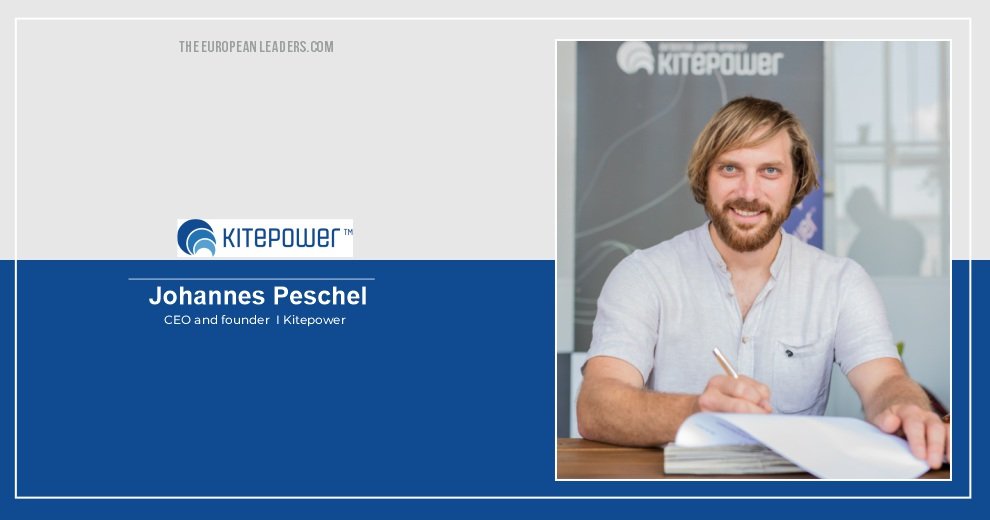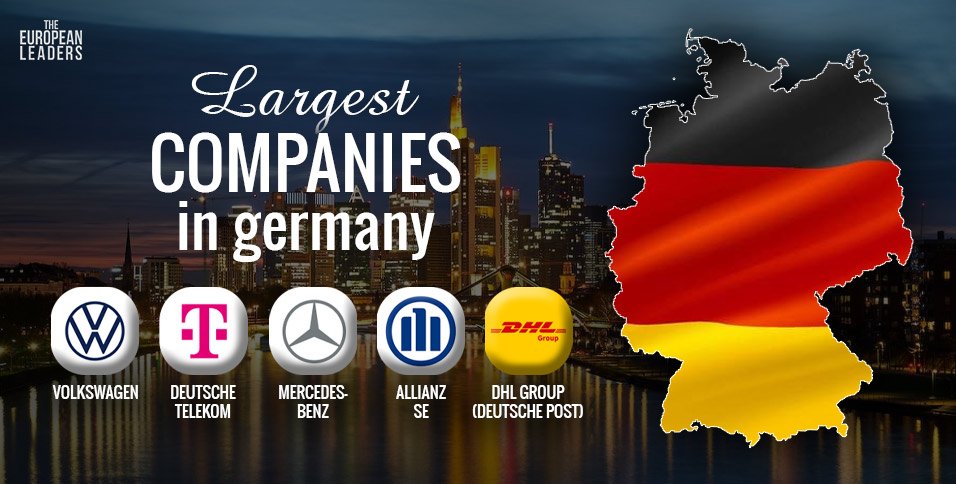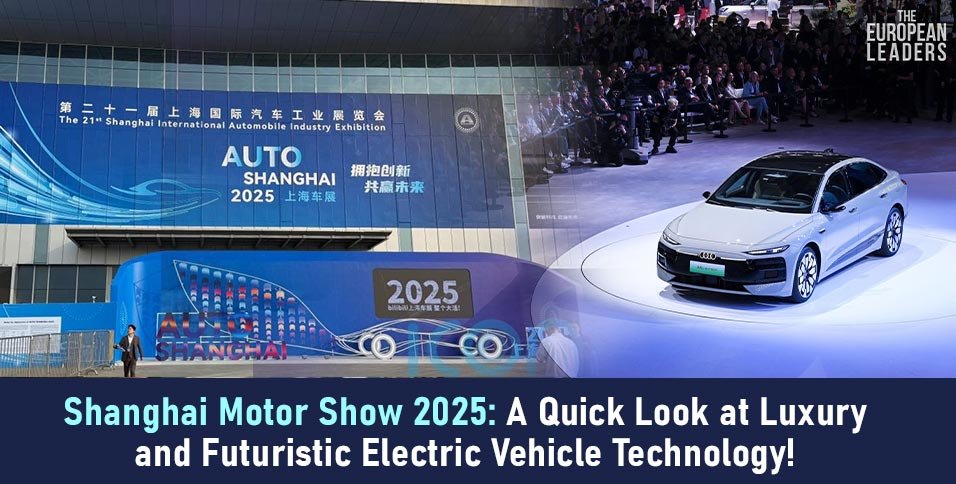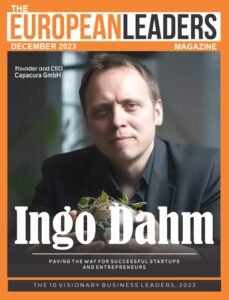Johannes Peschel is a visionary entrepreneur and engineer who is revolutionizing the use of wind energy through kites. As the CEO and founder of Kitepower, a Dutch company specializing in airborne wind energy systems, Peschel and his team have developed innovative technology that utilizes tethered kites to generate electricity from high-altitude winds. Offering a flexible, cost-effective, and sustainable alternative to conventional wind turbines, Kitepower is at the forefront of renewable energy solutions.
A Passion for Kites and Clean Energy
Peschel’s fascination with kites began during his childhood when he would fly them alongside his father in Germany. This passion for kites grew as he became an avid kite surfer, reveling in the excitement of riding the wind-powered waves. Alongside this, Peschel developed a keen interest in computer science and engineering, pursuing his studies at the Technical University of Berlin and later at Delft University of Technology. During his time at Delft, Peschel worked closely with the renowned kite power research group of the late astronaut and professor Wubbo Ockels, culminating in his master’s thesis focused on the control of autonomous kites for power generation.
Driven by his love for kites and clean energy, Peschel co-founded Kitepower in 2016 alongside Roland Schmehl, an associate professor at TU Delft and a leading expert in aerodynamics and fluid mechanics. Together, they recognized the immense potential of harnessing the abundant and consistent wind resources at higher altitudes, where traditional wind turbines are unable to operate efficiently. Furthermore, Peschel and Schmehl understood the numerous advantages that kites possess over other airborne wind energy systems, such as reduced material and maintenance costs, simplified transportation and installation, and minimal visual and environmental impact. With these insights, Kitepower is pioneering the way forward in the field of renewable energy.
A Vision for Kitepower
Kitepower envisions making renewable energy accessible, affordable, and reliable for everyone, particularly in remote and off-grid areas where conventional wind and solar power are not feasible or cost-effective. Kitepower’s technology involves a ground station that controls a kite flying in a circular motion at an altitude of up to 500 meters. The kite pulls a tether that drives a generator on the ground to produce electricity. The system can function in a wide range of wind speeds and directions and can be easily deployed and retracted.
Kitepower currently offers a 100 kW mobile energy system that can power up to 200 households or charge up to 50 electric vehicles per day. The system is designed to be modular, scalable, and adaptable to different applications and markets. Kitepower serves various customers, including the military, humanitarian, industrial, and agricultural sectors, as well as communities and businesses in remote and island regions. Kitepower’s solutions can decrease diesel consumption, greenhouse gas emissions, noise pollution, and energy costs while enhancing energy security and resilience.
A Leader for Innovation
Peschel is not only a successful entrepreneur but also an innovator in the renewable energy sector. He is dedicated to developing and enhancing Kitepower’s technology while exploring new opportunities and partnerships. He oversees the company’s strategy, operations, and finances, along with the engineering, research, and development teams. He is also involved in testing, installing, and maintaining the systems, often traveling to various locations and countries.
Peschel has guided Kitepower’s growth and recognition, securing funding from various sources, including the European Union’s Horizon 2020 program, the Dutch Ministry of Economic Affairs and Climate Policy, and private investors. He has also established collaborations with several universities, research institutes, and industry partners, such as TU Delft, Wageningen University, Fraunhofer IWES, Shell, and E.ON. He has received awards and nominations, including the Philips Innovation Award, the Accenture Innovation Award, and the Global Innovation Award. A Believer in Renewable Energy and Sustainable Development
Peschel strongly believes that renewable energy is not only necessary but also presents an opportunity for achieving sustainable development. He views renewable energy as a crucial driver for economic growth, social equity, and environmental protection. He argues that it can create jobs, lower costs, improve health, and increase resilience. He also challenges common misconceptions about renewable energy, such as its intermittency, reliability, and affordability. Peschel is optimistic about the future of renewable energy, particularly in light of the COVID-19 pandemic. The pandemic has exposed the vulnerabilities and inefficiencies of the fossil fuel-based system, creating an opportune moment to accelerate the transition to a clean energy economy. Governments, businesses, and consumers are now more aware of the need and benefits of renewable energy. Peschel urges all stakeholders to seize this moment and invest in renewable energy solutions that can have lasting value and impact.
Peschel offers advice to those interested in a career or business in renewable energy. He emphasizes the importance of curiosity, creativity, and collaboration. It is crucial to learn about the renewable energy sector, including its technologies, markets, and policies. Thinking outside the box, experimenting, and innovating are also essential as renewable energy is a dynamic and evolving field that requires constant adaptation and improvement. Moreover, Peschel highlights the significance of working with others, building partnerships, and fostering a culture of trust and cooperation. Renewable energy is a collective endeavor that requires collaboration across different sectors, disciplines, and boundaries.
ALSO READ: The 10 Dynamic Business Leaders, 2023








